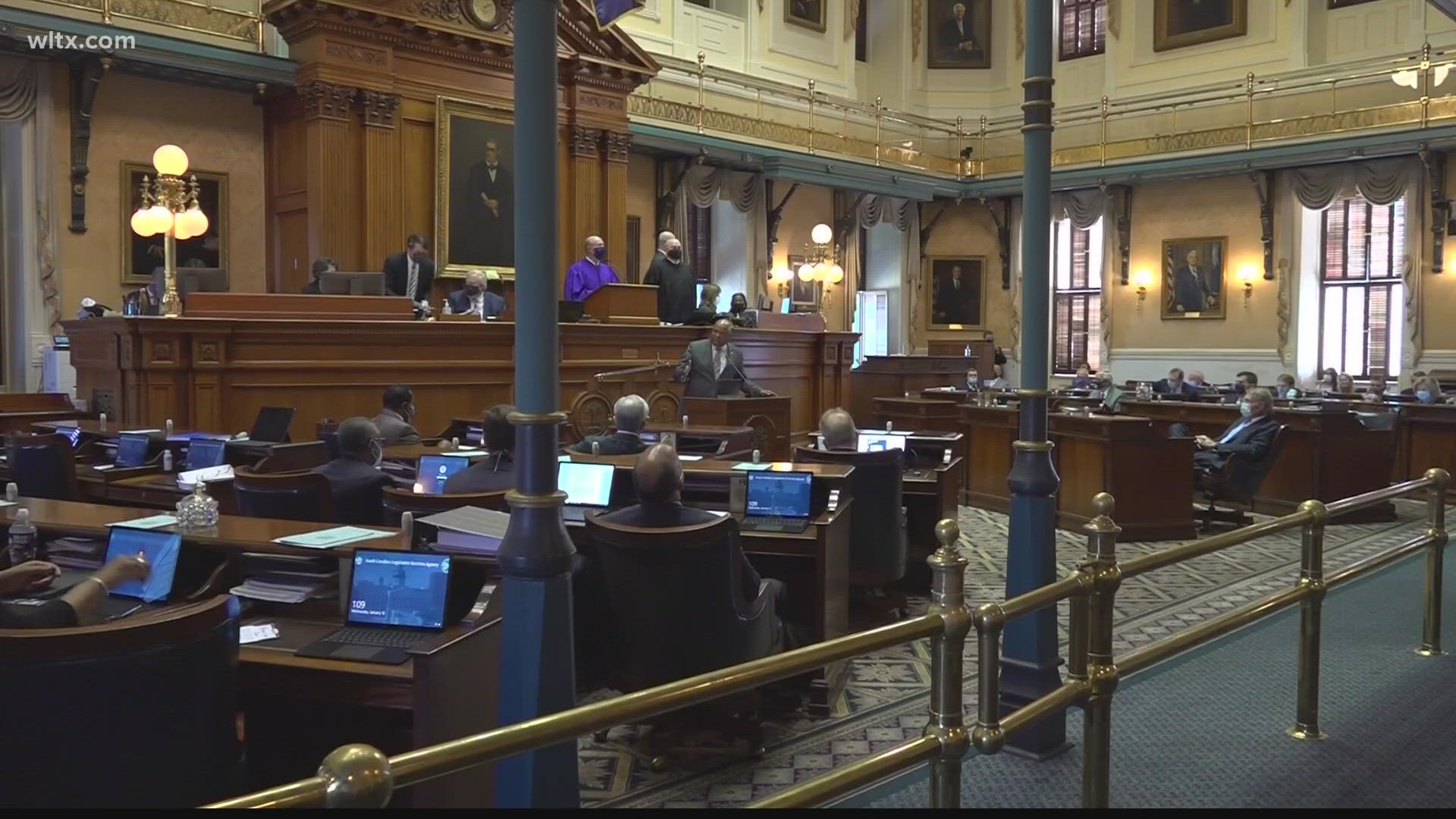COLUMBIA, S.C. — Alone without a home.
According to state data, that's the reality for more than 700 South Carolina children known as 'unaccompanied youth.'
South Carolina schools identified 12,000 homeless students In 2021.
"A lot of youth have emancipated and we call it couch surfing. Or they're on the streets by themselves," said Homeless No More CEO Lila Anna Sauls.
The federal definition of unaccompanied youth is "a homeless child or youth not in the physical custody of a parent or guardian."
Organizations like Palmetto Place Children's Shelter said some of these young people are not always eligible for services, like HUD's Rapid Rehousing program.
"It's hard for them to score a high enough score to qualify for these services because some of this at-risk behavior wasn't considered high enough to score," said Palmetto Place Community Outreach Coordinator Courtney Tidwell.
Tidwell said for programs that are not federally-backed, like their transitional housing, Palmetto Place has their own definitions, serving people ages 16 to 21.
Columbia's Mental Illness Recovery Center (MIRCI) Executive Director Julie Ann Avin said at issue is the different and often conflicting ways that federal agencies define youth homelessness.
“For one federal department it might be 16 to 21, for another it's 17 to 22, for HUD it’s 25 and under," said Avin.
A bipartisan bill sponsored by Sen. Katrina Shealy would create a uniform definition of homeless youth, unaccompanied youth and youth at risk of homelessness across all state agencies.
The proposal includes youth under the age of 25, sleeping on couches of family and friends, living in hotels and motels or sharing housing of another person due to loss of housing or economic hardship.
"With this bill and, you know, with other pushes in legislation, we're able to get these youth who are at risk housed before they even have to experience homelessness," Tidwell said.
“It is based on the fact that if we can get this number higher, we will get more federal funding, and as a state and as a community, we'll be able to meet the needs of these children," Sauls said.
The bill was advanced by a Senate subcommittee last week and still needs to be approved by the House and the Senate.
"We want to make sure that all children that you and youth have the same availability, the same equitable interest, services, access to education and housing, as as anyone," Avin said.

